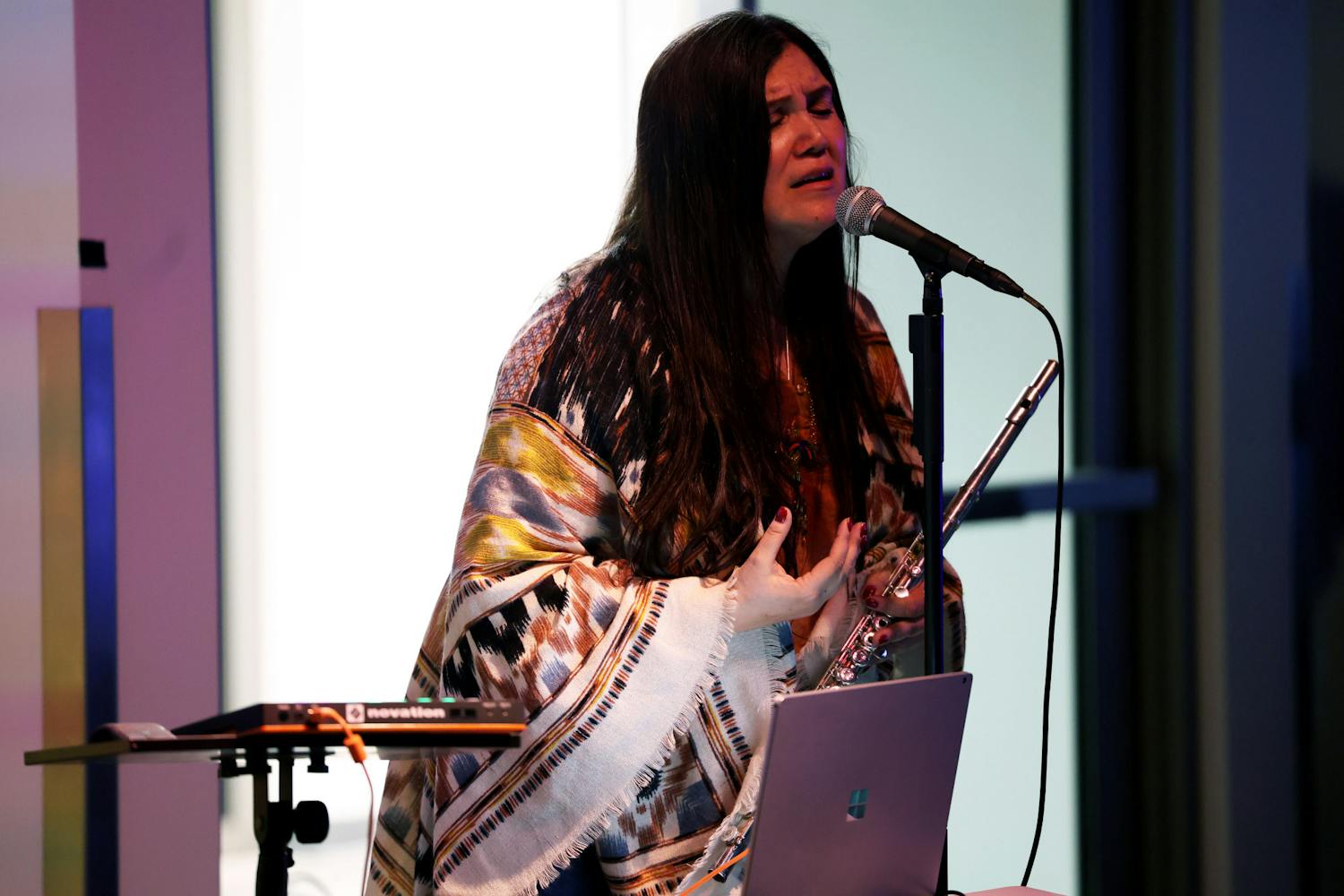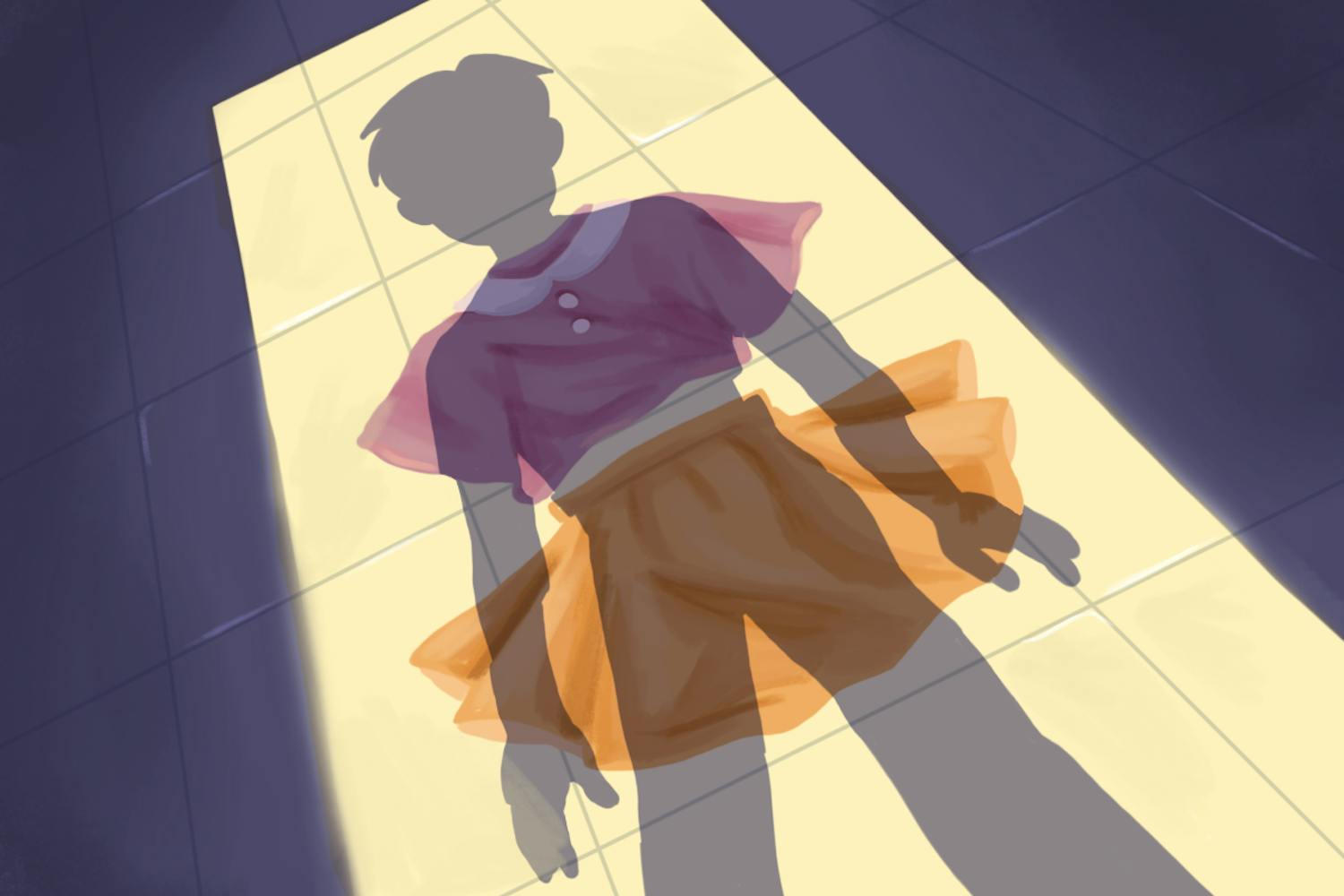For those who have been paying attention, this was bound to happen. One rumor claims that what started this whole ukulele phase – outside of the general interest on the part of the artist, Eddie Vedder – was possibly a challenge between Vedder and Chris Cornell, the lead-singer of Soundgarden.
Cornell believed Vedder could not write a “sad song” (or maybe it was a “happy song”) using the ukulele as the featured musical instrument. So, with the release of “Binaural” in 2000, Pearl Jam’s sixth studio album, Vedder offered the song “Soon Forget.”
The tragic tale of a man consumed by the selfish and misguided pursuit of success, instead wrought subsequent misery and waste upon not only himself, but also onto those who knew him – or who thought they did anyway. Hence, “the man we’ll soon forget.”
Depending on whom you ask (or if you believe every little rumor you read), whoever “won” the bet is anyone’s guess. Besides, wagers between best friends are always light-hearted, as they should be. Nevertheless, Vedder did it; and for the years that followed, the ukulele was officially “on-tour” with one of the last remaining – and true to form – rock and roll acts left on planet Earth.
After years of countless scores of fans across the globe with brief moments of “live ukulele jams,” Eddie Vedder decided to embark on a 19-date tour this June to promote his second solo record “Ukulele Songs,” released May 31 – along with a DVD, “Water on the Road.”
The album is a collection of Vedder originals, two covers from 1926 and 1931, and one rendition of “Can’t Keep,” originally released on Pearl Jam’s seventh studio album “Riot Act,” which was initially done without the ukulele. Some of the tracks on “Ukulele Songs” have been played at various Pearl Jam concerts over the years, just never released in this manner to the public.
The album is a blend of both the soft and tranquil sound that the instrument itself emits naturally when played tenderly, but the album also captures the ever-present intensity and strength of Vedder’s baritone. Exposing emotion and hurt when appropriate, “Ukulele Songs” also quietly preaches patience and perseverance – even through the loneliest moments of love lost – if love was even present to begin with. The track “Hey Fahkah” even manages to display frustration, probably between takes of course, because even an album with 16 ukulele tracks is bound to stir something up at some point.
These next few months will prove to be rather memorable for the band as they celebrate their 20-year presence in music. Now as the final touches on the bands tenth album are being finished, a full-length documentary on everything Pearl Jam, directed by long-time friend Cameron Crowe, is set to release later this year as well.
For those who have enjoyed the growth and transition of the band, including their various solo projects and other collaborations, “Ukulele Songs” is the sugar on top, with the accompanying DVD, “Water on the Road,” serving as the cherry on top of it all.
Reach the reporter at jbfortne@asu.edu



